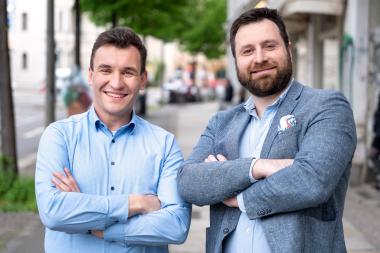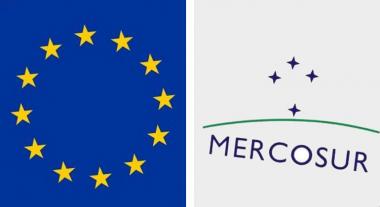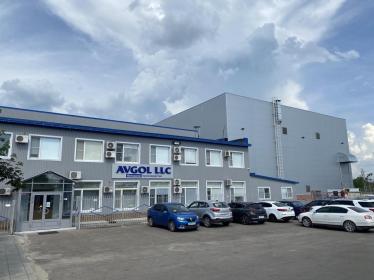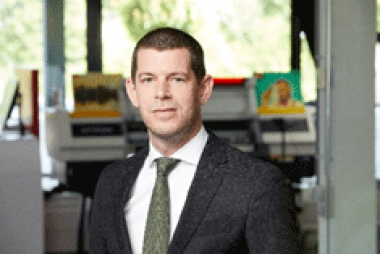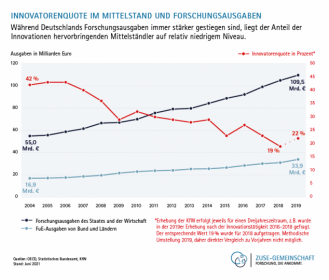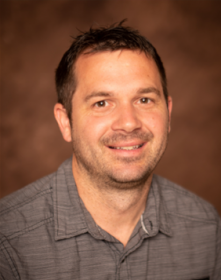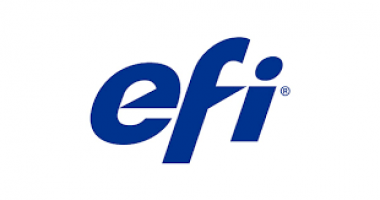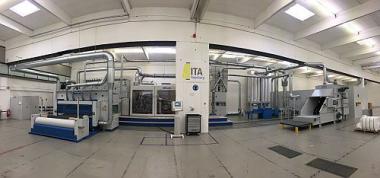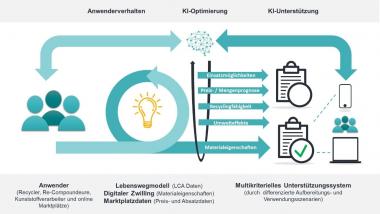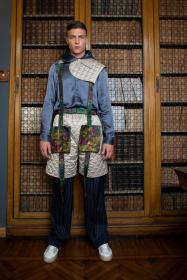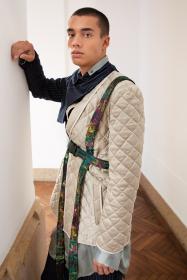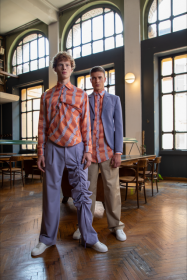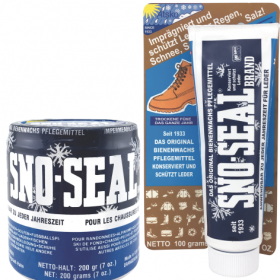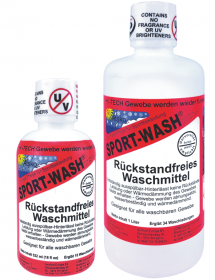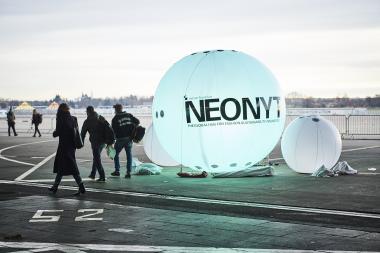Overall prize of the “IQ Innovationspreis Mitteldeutschland“ for FibreCoat GmbH and DBF Deutsche Basalt Faser GmbH
FibreCoat GmbH from Aachen, Germany, together with DBF Deutsche Basalt GmbH, developed a completely new type of fibre material to shield electromagnetic radiation from digital end devices, medical technology or e-car batteries cheaply and effectively. The joint project was awarded the overall prize of the“ IQ Innovationspreises Mitteldeutschland“ on 24 June in an online event broadcast live from Leipzig.
The prize is endowed with €15,000 and was sponsored by the Halle-Dessau, Leipzig and East Thuringia Chambers of Industry and Commerce.
Electromagnetic radiation from smartphones, hospital diagnostics and electric car batteries must be shielded so that they do not inter-fere with each other. To prevent mutual interference, they have so far been covered with metal fibre fabrics, a very time- and energy-consuming and thus expensive procedure. The new material from Basalt Faser GmbH and FibreCoat GmbH prevents this with a fibre core made of melted, thinly drawn basalt, which is coated with aluminium and bundled into the so-called AluCoat yarn. This yarn remains just as conductive and shielding, but is lighter, stronger, cheaper and more sustainable than previous alternatives. In addition, there are further advantages:
- The number of process steps required is reduced from ten to one.
- 1,500 metres of yarn are produced per minute instead of the previous five metres.
- The energy required is only 10 per cent of the previous amount.
The result is a price that is twenty times lower.
The textile made of AluCoat fibres is versatile and flexible: as wallpaper it can shield 5G radiation in offices or medical rooms or encase batteries and thus ensure the smooth functioning of electric cars. AluCoat is already being used in some companies. A European fibre centre in Sangerhausen is being planned for mass production.
The two innovative companies DBF Deutsche Basalt GmbH and FibreCoat GmbH from East and West combine the two materials basalt and aluminium to protect against electromagnetic radiation. In doing so, they coat basalt with aluminium and, through this novel combination, create an inexpensive, sustainable and quickly produced alter-native for a market worth billions.
FibreCoat GmbH from Aachen is a spin-off of the Institut für Textiltechnik (ITA) of RWTH Aachen University; the managing directors Dr Robert Brüll and Alexander Lüking and Richard Haas have completed their doctorates at the ITA or are in the process of preparing their doctorates. Georgi Gogoladze, Managing Director of Deutsche Basaltfaser GmbH, also studied at RWTH Aachen University. The two managing directors Brüll and Gogoladze know each other from their student days.
ITA – Institut für Textiltechnik of RWTH Aachen University


